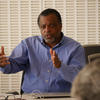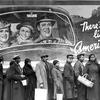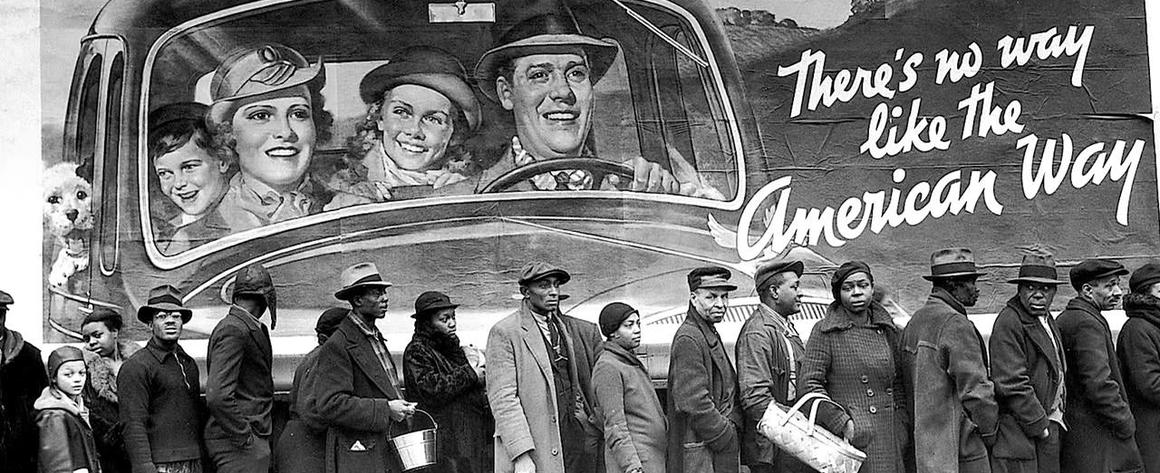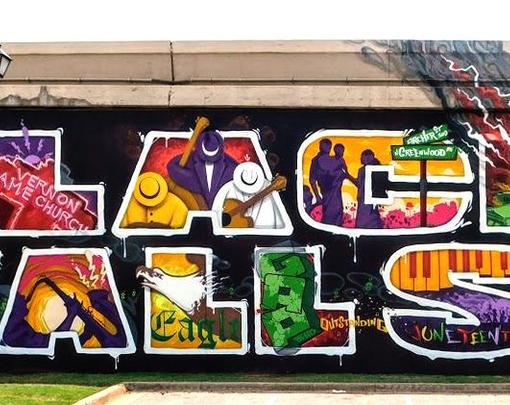Massachusetts Institute of Technology’s Phil Thompson discusses the historical opposition to slavery as a labor system, and the Black struggle to advance economic and human rights.
Transcript:
One of the most profound movements and one of the first real social movement in American history was all about slavery, and that’s labour. And it was about creating a different kind of democracy, different kind of way of thinking about the economy, and I think these battles aren’t over. The African-American portion of American wealth as a whole is 3% today and the last time when it was 3% was in 1868, three years after slavery ended…
African-Americans going back to before the Civil War—the earliest African-American spokespersons and writers and leaders like Frederick Douglass and others argued that the fundamental feature of the American economy was dehumanization, and they also argued that you can’t have a democratic constitution and an economic system that degrades and exploits people. Many of the radical republicans who fought for the Civil War and in the Civil War believed the same thing.
I think the true intent of the 13th amendment wasn’t just to eliminate chattel slavery, it was to eliminate all forms of economic oppression and create what we would now call living wages for everybody. I think that was the true intent. But these things were overthrown, after the Civil War there was a counterrevolution—Lincoln’s assassination, the destruction of reconstruction, we got segregation which wasn’t just about making white people feel superior, it was about a cheap labour force which persisted.
The 1963 March on Washington, where everyone sees Martin Luther King’s “I Have a Dream” speech, well, King wasn’t the head of that march. A. Phillip Randolph was, the first black trade union president. The demand for the march was for jobs and freedom, jobs came even before freedom.
That sort of dream of a new kind of economy was tightly connected with thinking about voting rights and a new kind of politics, and when African-Americans said we refuse to work as, basically, semi-slave labourers with no voting rights and no protections, and my generation said “we’re not gonna do that work our parents did,” then employers started bringing undocumented immigrants into the country to work with no rights and no protections, and when the Government said “well, what are we gonna do with all these young folks like me who don’t wanna do this kind of semi-slave work?”—they didn’t reform the economy, they said “let’s lock’em up,” and we got mass incarceration.
And so I think all of these things are related to our history, all of these things are part of the challenge of changing the system and the system connects these things.






